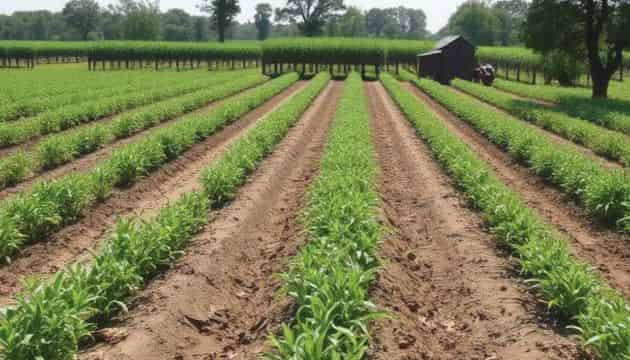ISLAMABAD: The US-funded Climate Smart Agriculture (CSA) programme in Pakistan, aimed at helping farmers adapt to climate change, has been shut down. This follows the US administration’s decision to suspend funding for all foreign aid programmes.
As per the media report, the five-year project worth $24 million, was launched in November last year by US Ambassador Donald Blome at the University of Agriculture in Faisalabad. At the launch, Ambassador Blome said, “Together, we’re planting the seeds of success.”
The CSA project was designed to help Pakistani farmers deal with environmental changes like unpredictable weather, heatwaves, droughts, and irregular rainfall. It aimed to provide farmers with climate-resilient seeds, modern farming tools, and better irrigation systems to increase crop yields and improve food security.
US officials managing the project are preparing to leave Pakistan, and national staff associated with the programme are at risk of losing their jobs.
ALSO READ
Pakistan’s relief efforts: Over 1,800 tons of aid dispatched to Palestine, Lebanon, and Syria
An announcement by USAID stated that, effective February 7, most USAID personnel would be placed on administrative leave globally, the agency will arrange and pay for the return of its staff currently posted outside the US within 30 days.
Closure of this project marks the end of a significant partnership between the US and Pakistan in the agriculture sector.
Earlier reports revealed that the Trump administration ordered a pause on all federal grants, loans, and foreign aid, a memo from the Office of Management and Budget said the suspension would remain until the new administration reviewed spending priorities.
The move has affected various projects in Pakistan and other countries, including the supply of medicines for HIV, malaria, and tuberculosis. Medical supplies for newborns have also been halted.
Around 60 senior USAID officials have been placed on leave, with warnings of disciplinary action for ignoring orders. A memo to staff emphasized that the aid pause meant a complete halt, with exceptions only for emergency food assistance and officials returning to duty stations.










